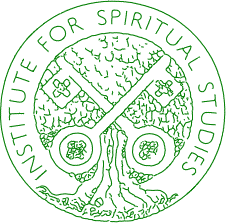

|
Seminar 12:
|
|
When Ralph Vaughan Williams died fifty years ago he was the much-revered 'grand old man' of English music. His career spanned the late nineteenth and the first half of the twentieth century, a time of tremendous turmoil in the world at large, reflected in the music of that era. Through all these upheavals, Vaughan Williams was a tower of strength and a beacon for those who eschewed Stravinsky's discords and 12-tone composition. He produced symphonies, cantatas, chamber and choral works, that had their basis in the grammar of English folksong, and used modal harmonies and sturdy tunes as their syntax. RVW taught for many years at the Royal College of Music in London, influencing his composer pupils with his kindly but no-nonsense approach to harmony and counterpoint. His most enduring contribution to English music was surely as musical editor of the 1906 English Hymnal and the 1925 Songs of Praise. His hymn tunes live on as part of our own musical heritage — 'Come down O Love divine,' 'For all the saints' among them — and his folk song arrangements and original art songs still enchant the ear with their simple, direct harmonies — 'Silent Noon,' 'Songs of Travel,' 'Loch Lomond,' 'Ca' the yowies.' This seminar pays tribute to the legacy of Ralph Vaughan Williams fifty years after his death in 1958.
|